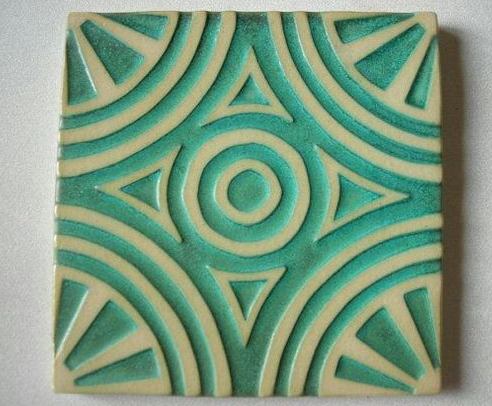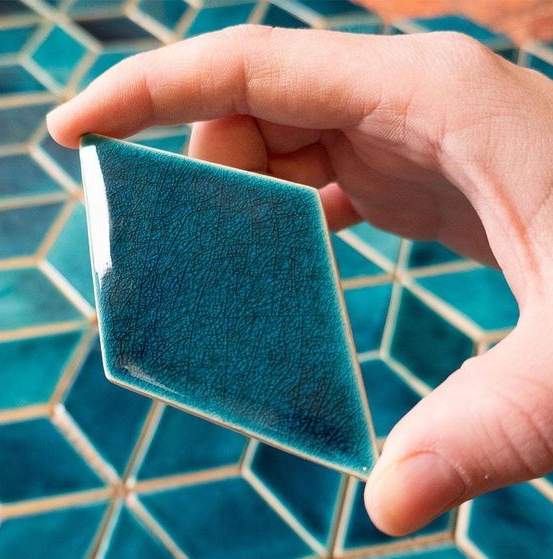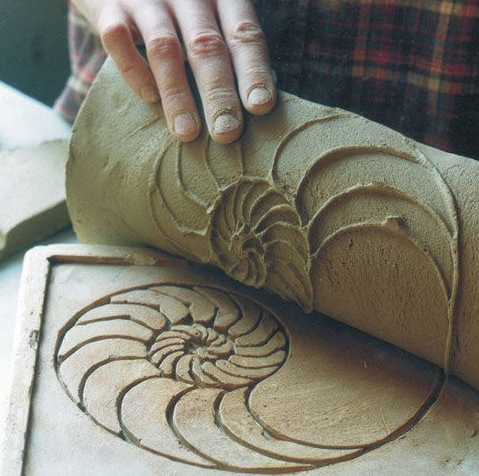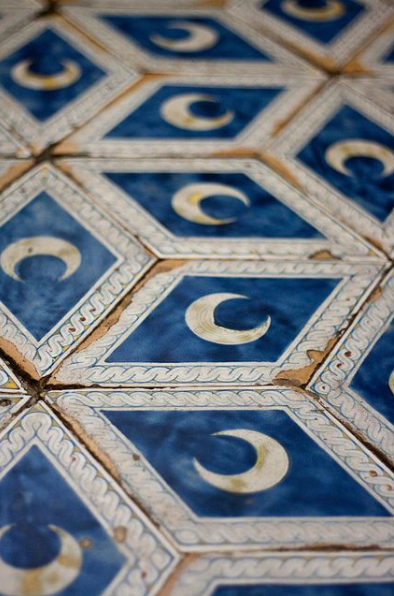What are Handmade Tiles?
Handmade tiles are crafted through manual processes, often by skilled artisans, as opposed to being mass-produced in a factory. These tiles are unique and individualistic, with variations in color, texture, and shape that result from the human touch involved in their creation. Handmade tiles are popular for their distinct character and the personalization they bring to spaces.
Here are some key characteristics of handmade tiles:
Craftsmanship: Handmade tiles are created by skilled craftsmen who use traditional techniques, often passed down through generations. Each tile is carefully crafted, contributing to its uniqueness.
Variety: Handmade tiles come in a wide range of materials, including ceramic, terracotta, cement, glass, stone, porcelain, and more. This diversity allows for a multitude of design possibilities.
Irregularities: One of the defining features of handmade tiles is their irregularities. These imperfections, such as slight variations in size, shape, and color, add charm and character to the finished product.
Customization: Many handmade tiles can be customized to suit specific design preferences. Artisans can create unique patterns, colors, and shapes according to the customer’s requirements.
Artistic Design: Handmade tiles often showcase artistic designs, intricate patterns, and hand-painted details. They can be used as decorative elements in various architectural applications.
Limited Production: Due to the manual nature of the production process, handmade tiles are typically produced in smaller quantities compared to mass-produced tiles. This limited production contributes to their exclusivity.
Environmental Considerations: Some handmade tiles are crafted from sustainable or recycled materials, appealing to those who prioritize environmentally friendly choices.
. 


Types of Handmade Tiles
Handmade tiles come in various types, reflecting diverse styles, techniques, and cultural influences. Here are some common types of handmade tiles:
Ceramic Tiles
Majolica Tiles: Originating from Italy, these tiles are decorated with colorful, hand-painted designs and are often used for decorative purposes.
Talavera Tiles: Traditional Mexican ceramic tiles featuring vibrant colors and intricate patterns.
Terracotta Tiles
Saltillo Tiles: Handmade clay tiles from Mexico, known for their warm tones and irregular shapes.
Cement Tiles
Encaustic Tiles: Decorative tiles made of layers of colored cement, often with bold geometric patterns.
Moroccan Tiles: Handmade cement tiles with intricate and often symmetrical patterns, inspired by Moroccan design.
Stone Tiles
Slate Tiles: Hand-cut and split natural slate tiles, often used for flooring or wall cladding.
Travertine Tiles: Hand-cut tiles made from travertine, a type of limestone, known for its distinctive natural patterns.
Glass Tiles
Fused Glass Tiles: Handmade by fusing layers of colored glass, resulting in unique patterns and textures.
Porcelain Tiles
Hand-Thrown Porcelain Tiles: Crafted on a potter’s wheel, these tiles often have a more organic and irregular shape.
Mosaic Tiles
Hand-Cut Mosaic Tiles: Small pieces of various materials, such as glass, ceramic, or stone, arranged to create intricate patterns or images.
Metal Tiles
Hand-Embossed Metal Tiles: Metal tiles crafted with intricate designs through embossing or stamping.
Clay Tiles
Each type of handmade tile has its own charm, character, and application, making them popular choices for adding a personal touch to homes, businesses, and other spaces.
Installation
DIY vs. Professional Installation
If you have experience with tile installation and are comfortable taking on a DIY project, handmade tile installation can be manageable. However, for complex designs or if you’re unsure, hiring a professional may ensure a successful outcome.
If you want to do it yourself, be well planned and prepared, start small, and follow manufacturer guidelines.
In summary, while handmade tile installation can be both manageable and cost-effective for DIY enthusiasts with some experience, it might be challenging for those without prior tiling experience. Hiring a professional installer can ensure a more straightforward and successful installation but may come with additional costs.







